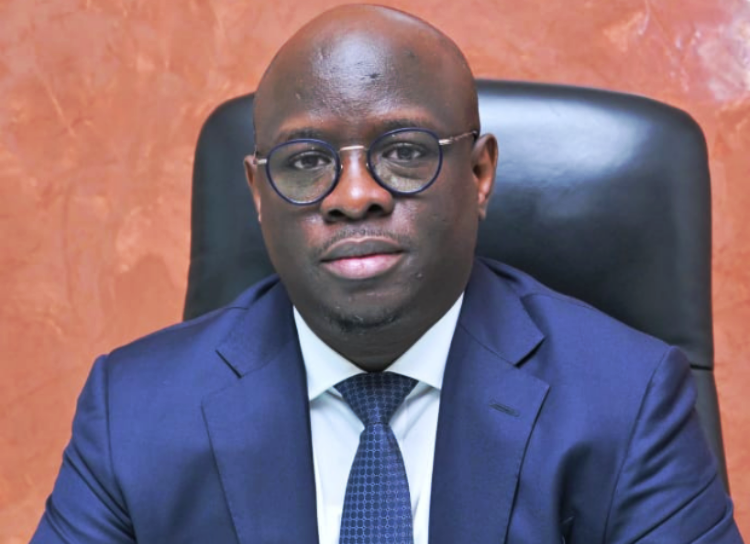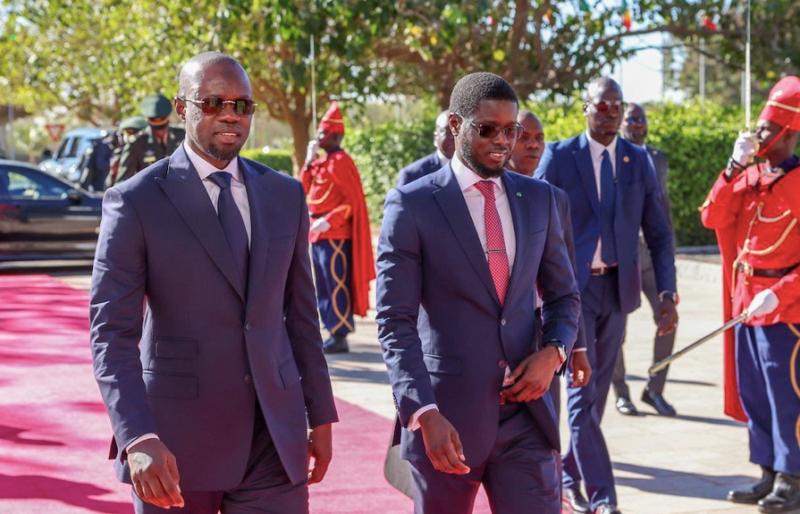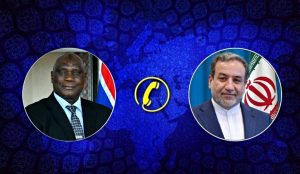Gambiaj.com – (Dakar, Senegal) – The uneasy alliance between Senegal’s President Bassirou Diomaye Faye and his Prime Minister, Ousmane Sonko, appears to be fraying under growing political strain, prompting discreet yet intense mediation efforts behind the scenes.
Over the weekend, several influential figures, including National Assembly President El Malick Ndiaye, reportedly engaged both leaders in a bid to resolve deepening tensions that could imperil the current political order.
Sources close to the presidency and government revealed that multiple “political firefighters” were active at both the presidential palace and the “Petit Palais,” the prime minister’s residence.
Ndiaye, second in Senegal’s constitutional hierarchy, even cut short a scheduled political mission in France, boarding an Air France flight on Sunday to return urgently to Dakar for face-to-face engagements.
These developments come amid growing signs of discord between Diomaye Faye and Sonko – former allies who rode the wave of popular support to win the 2024 elections but now appear to be heading toward an institutional rupture.
In a thinly veiled warning to the presidency, Sonko has publicly floated the idea of returning to the National Assembly as a deputy should he be dismissed from his position as Prime Minister.
However, that route is anything but straightforward.
Legal Uncertainty Clouds Sonko’s Threat
Sonko, who had previously resigned from Parliament to assume his executive role, may now find the door to the legislature partially closed. While Article 124 of the newly revised internal regulations of the National Assembly allows ministers who temporarily suspended their parliamentary mandate to reclaim it within a month after leaving government, legal experts argue that this provision is not retroactive.
Prominent parliamentary figures, including Babacar Gaye, a former group leader in the Assembly, insist that Sonko cannot benefit from the new clause because it was enacted after his departure from the legislature.
According to Gaye, for Sonko to invoke this new rule, he would have needed to resign from the government after the law came into effect and then be officially reinstated. “His appointment as Prime Minister preceded his election as deputy,” Gaye emphasized, making the application of the law in his case legally murky.
Opposition MP Abdou Mbow echoed this stance, asserting that Sonko’s possible return is legally “uncertain” because the law was not yet passed at the time of his suspension. The constitutional norm in Senegal forbids the retroactive application of legislative provisions, a principle that may well block Sonko’s pathway.
Yet within PASTEF itself, interpretations vary. Amadou Bâ, fifth vice-president of the Assembly and a loyalist to Sonko, maintains that the path is legally open. According to him, Sonko had only suspended – not renounced – his mandate and should be reinstated should his tenure in government end.
Political Stakes Beyond the Law
Legal interpretations aside, the deeper concern lies in what the rupture between Faye and Sonko would mean for Senegal’s political stability. The duo campaigned under a common reformist banner, with Sonko seen as the ideological engine and Faye as the more technocratic and diplomatic face of the project.
Should this fracture deepen, it could splinter PASTEF’s support base and trigger a reconfiguration of alliances within the legislature, where neither man commands a fully consolidated majority. Sonko’s floated return to Parliament may also be a strategic maneuver – a signal to Faye and the political establishment that he retains alternative avenues of power and influence.
However, a final twist may yet complicate matters: reports suggest that Sonko could face disqualification from public office if pending judicial matters are resolved against him. That would render both the premiership and any return to Parliament legally untenable.
What began as a tactical power-sharing arrangement may now be unraveling into a contest for supremacy between Senegal’s two most powerful men. The presence of mediators like El Malick Ndiaye indicates that influential actors are aware of the stakes and are working to preserve unity – at least for now.
But with Sonko openly contemplating a return to Parliament and President Faye showing no signs of retreat, the battle lines may already be drawn.
Whether this leads to a negotiated truce or a political divorce remains to be seen – but either outcome will shape the course of Senegalese governance in the critical months ahead.










